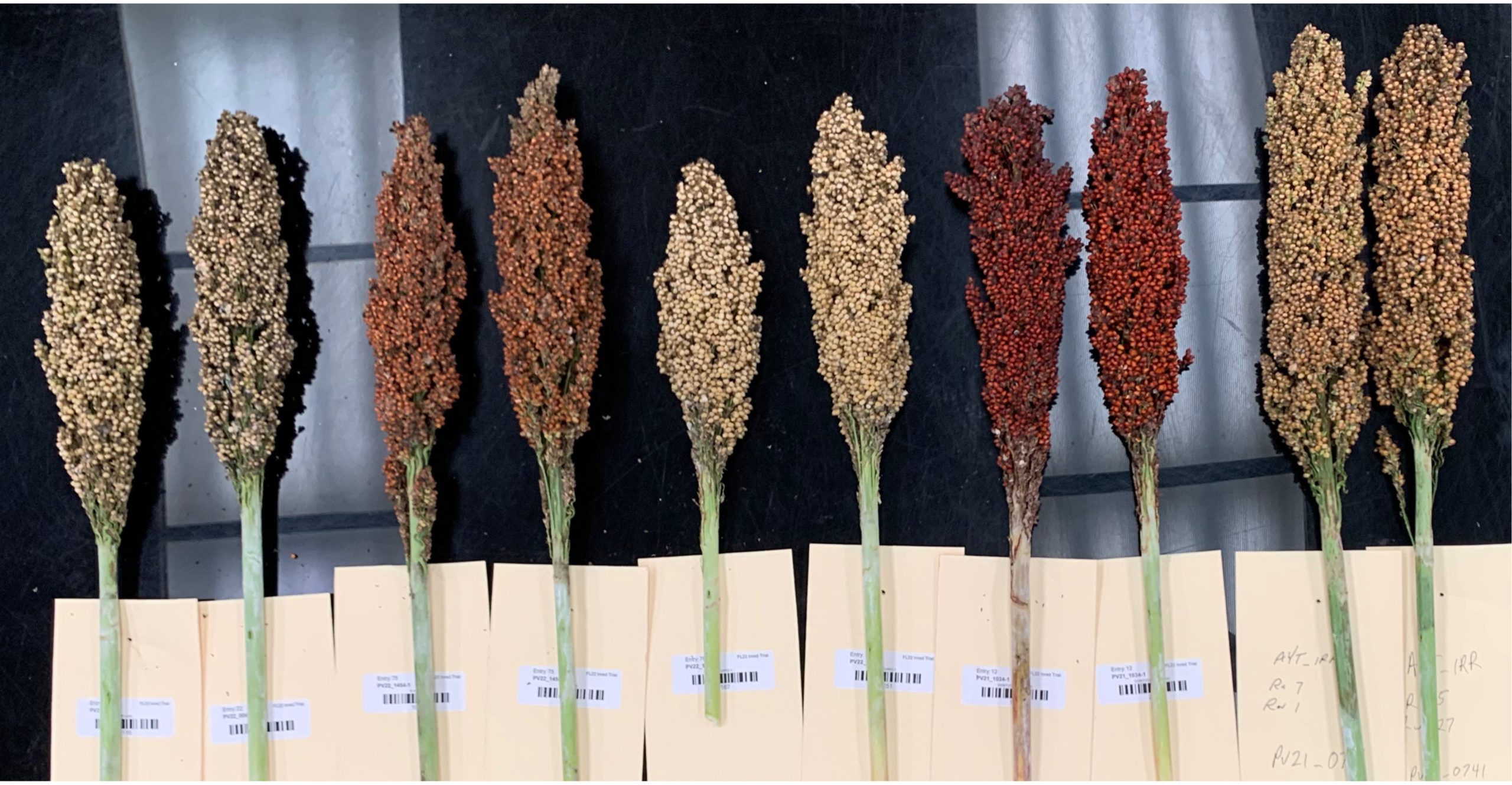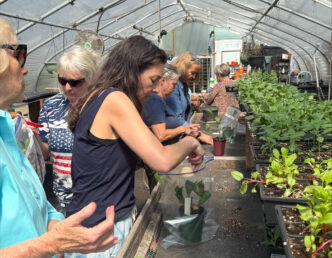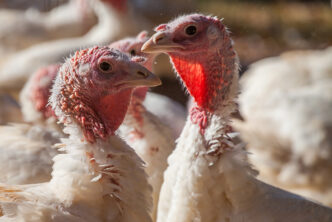Sorghum has long been a staple crop that provides numerous health benefits for people, pets and livestock.
It is climate resilient and can be grown with fewer fertilizers and chemicals, saving farmers money. Certain sorghum varieties contain polyphenols and tannins that offer health benefits to humans yet produce negative effects for animals when used in pet food/animal feed.
To help establish sorghum as a tool in helping meet the demand for nutritious, affordable and sustainable food and feed, a Clemson University research team led by plant breeder and geneticist Richard Boyles has received an $846,991 Seeding Solutions grant from the Foundation for Food and Agriculture Research (FFAR) to study sorghum plant properties that will allow breeders to enhance these properties in commercial sorghum while preserving the crop’s dual use as animal feed. Matching funds were provided by Clemson University and Carolina Seed Systems for a $1,721,129 investment.

The researchers are studying specific substances present in the grain that have beneficial health properties for people and do not cause negative outcomes in animals. Once identified, the researchers will use non-GMO breeding methods to develop new sorghum hybrids that have these value-added properties.
The final step will be to measure impacts of the enhanced grain sorghum hybrids on poultry growth as well as their capability to reduce harmful diseases within the poultry gut.
“Spanning across plant breeding and genetics to animal sciences, this interdisciplinary project will use sound science and product development to create a more sustainable and prosperous U.S. grain and protein market,” said Boyles, who is stationed at Clemson’s Pee Dee Research and Education Center near Florence, South Carolina.
“Once we fully understand what and how plant-based metabolites are conferring health benefits, we can optimize their concentrations and availability through molecular breeding,” he said. “This objective will run in unison with ongoing efforts to increase sorghum grain yield and stress resilience.”
Jeffrey Rosichan, FFAR Crops of the Future collaborative director, noted this research is especially important as sorghum is a climate-resilient crop that could boost crop diversity to strengthen the global food supply. Increased sorghum consumption would open economic opportunities for United States growers.
“Sorghum is a productive crop that can be grown in extreme environments,” Rosichan said. “By investigating the sources of sorghum’s health benefits, this research will unlock the crop’s full potential.”
-END-
Foundation for Food and Agriculture Research
The Foundation for Food and Agriculture Research (FFAR) builds public-private partnerships to fund bold research addressing big food and agriculture challenges. FFAR was established in the 2014 Farm Bill to increase public agriculture research investments, fill knowledge gaps and complement USDA’s research agenda. FFAR’s model matches federal funding from Congress with private funding, delivering a powerful return on taxpayer investment. Through collaboration and partnerships, FFAR advances actionable science benefiting farmers, consumers and the environment.







